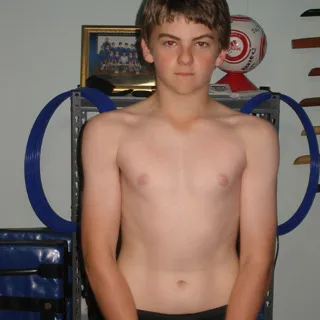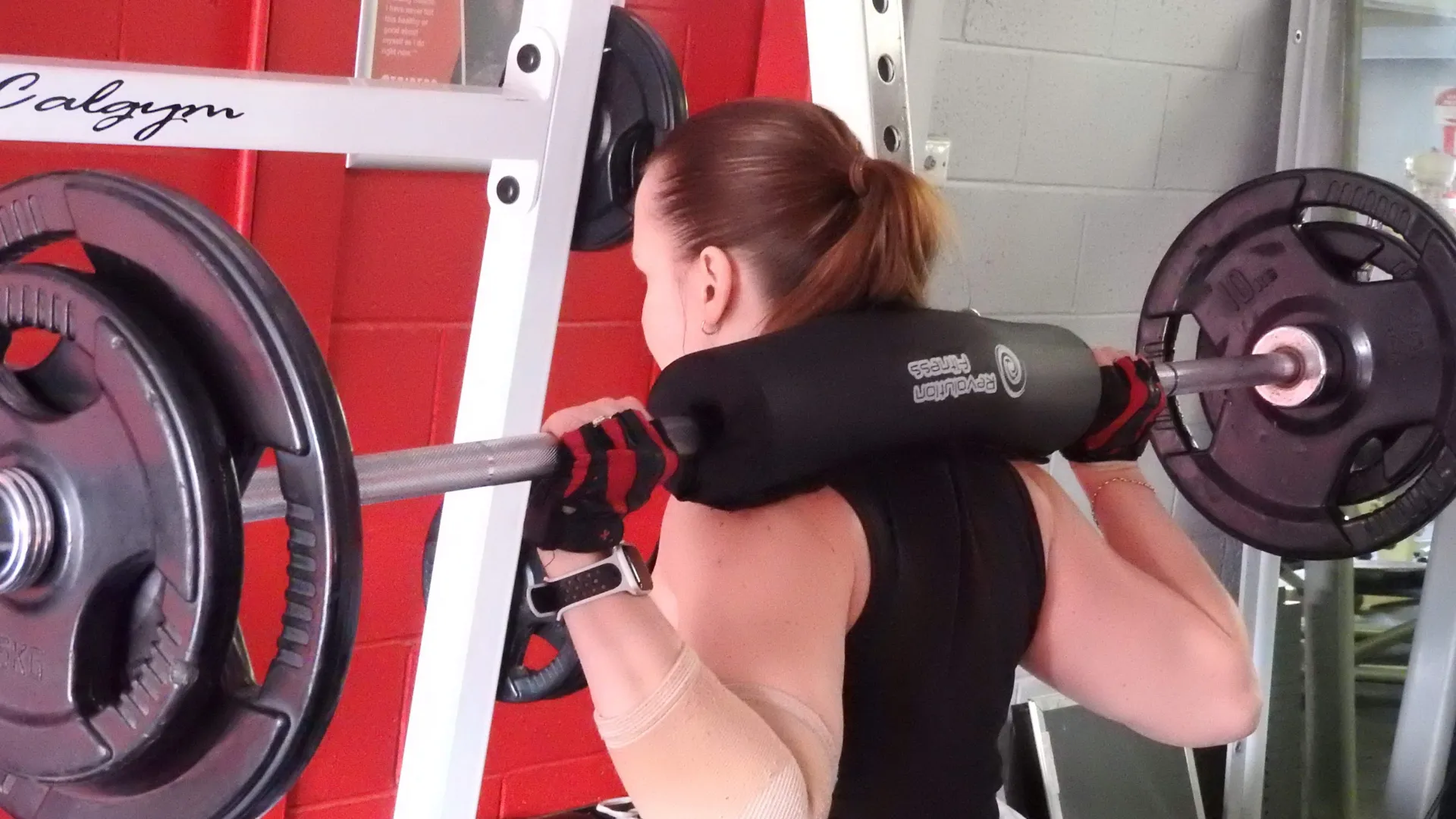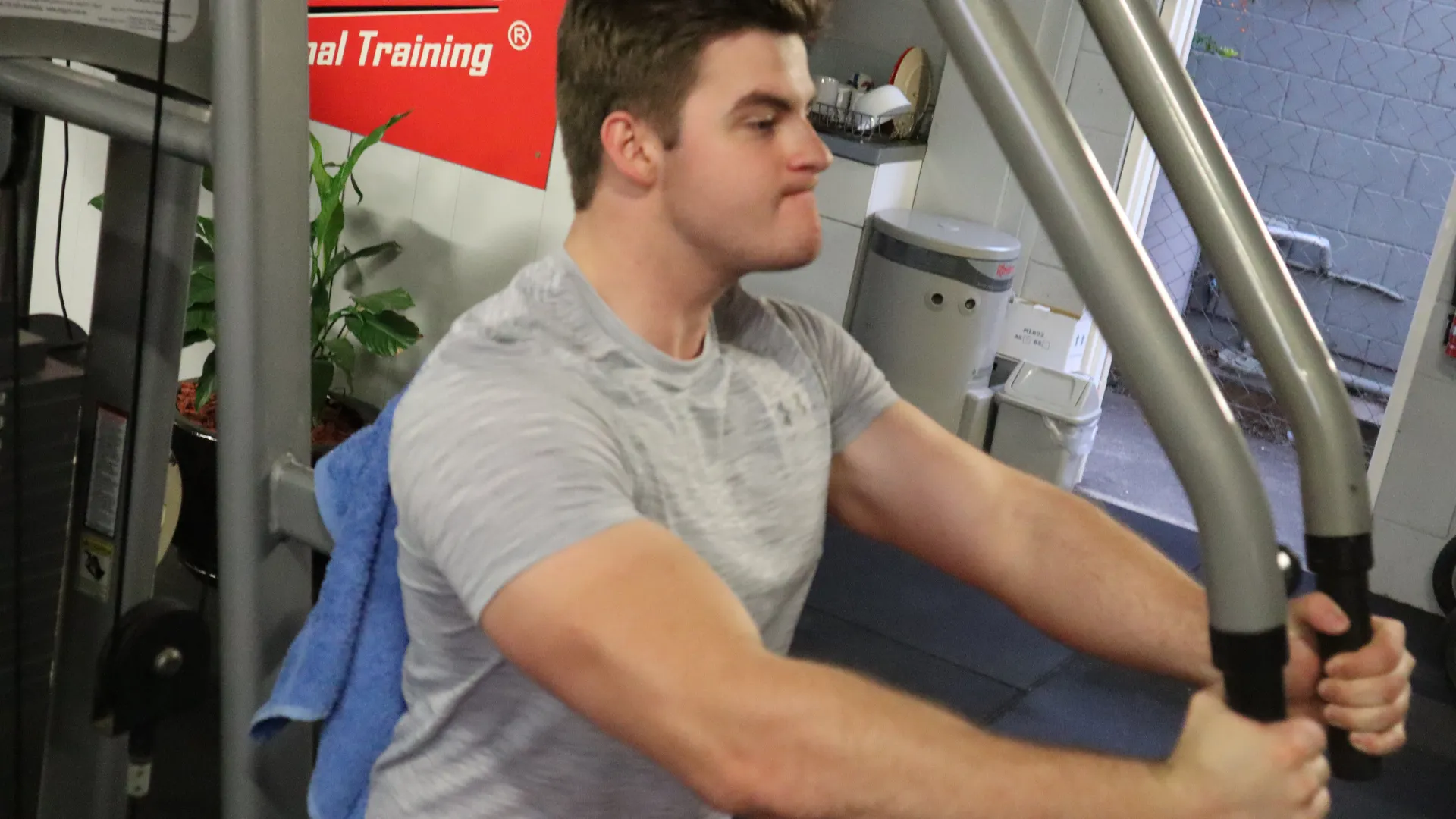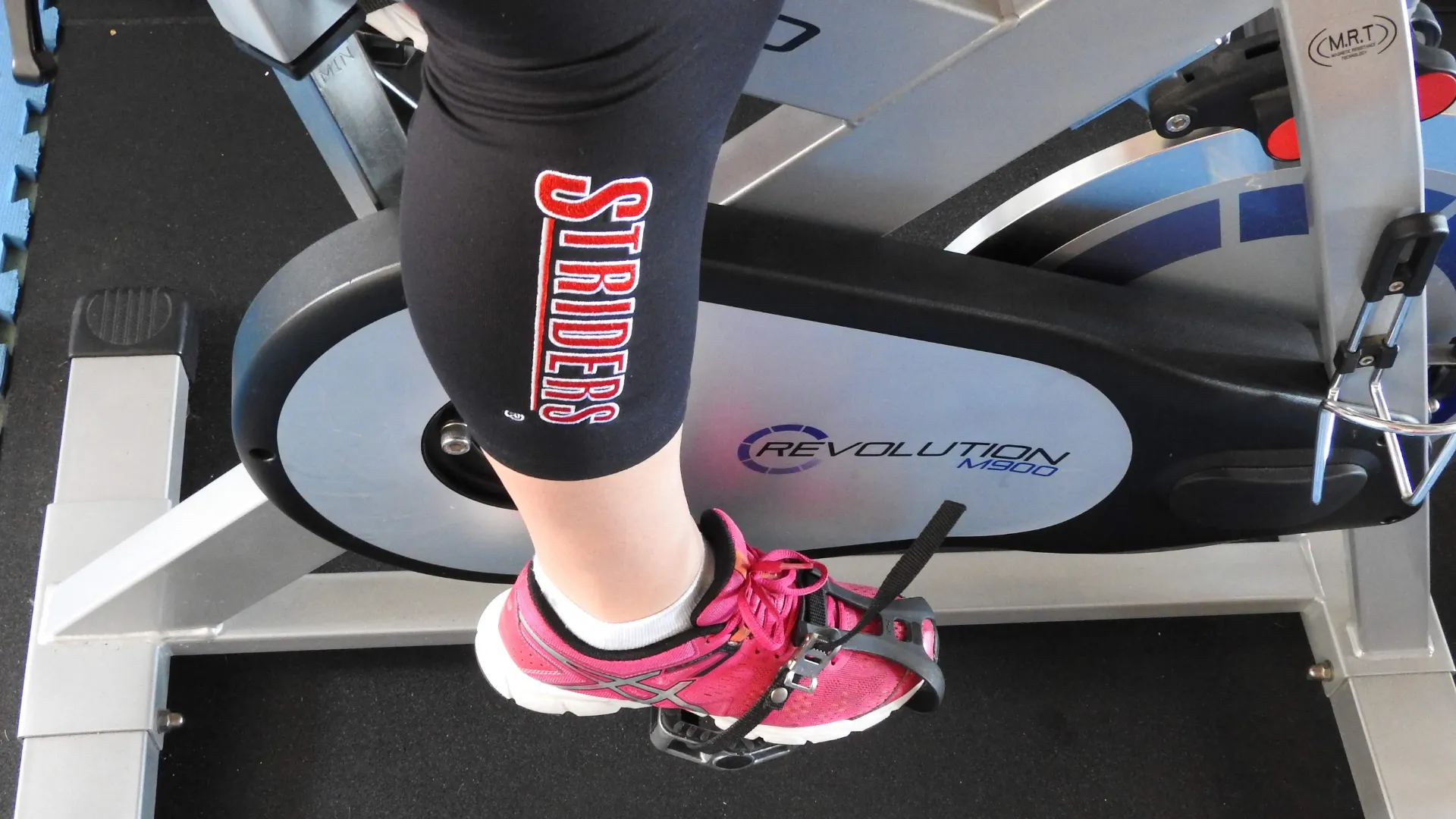GEE!! The number of times I’ve had this question proposed to me is truly staggering. It stands to reason, though, that a parent would want to know the answer to this question! I mean, who wouldn’t like to see their child get off to a flying start in life, while on the same token hold some reservation as to whether they are making a safe choice. And with myths like: “weight training stunts your growth” cropping up here and there, who can blame them for having a level of pause.
The fact of the matter, though, is no studies have ever shown weight training to inhibit growth and the many other myths about children and weight training are also unfounded. These untruths have been put to bed time and time again. And, from personal experience, let me tell you the children I have trained: they now all tower over me. Furthermore, a child’s pattern of movement aligns with the pattern of weight training. Weight training calls upon sporadic bursts of energy. This is the way children naturally move about when at play. Most children shun long, drawn out levels of activity, such as: long distance swimming and running.
Very careful consideration, however, MUST ALWAYS be applied to a child’s weight training program. It’s of prime importance that children enjoy their weight sessions if they are going to adhere to their training. The last thing we need is a child becoming mentally burnt out from being forced to train. At the end of the day: if the child is not loving what they do then another type of physical activity needs to be sought out for them. It’s as simple as that!
Here are 6 “DO’S & DON’TS” to implement when training children:
- DO NOT: leave a child unsupervised; EVER!
- DO: begin the child with body weighted exercises, such as: Push-Ups, Chin-Ups, Crunches, and Dips.
- DO NOT: progress to dumbbells, weight machines etc. until they are competent, show good training form, and their levels of strength have increased with body weighted exercises.
- DO: have the child using light weights and high repetitions in the 12, 15 and 20 range.
- DO NOT: train a child the way you would an adult. Heavy weights with low repetitions – lifted with might and main – is NOT the way to train children.
- DO NOT: set a strict training timeframe for the child. If they lose focus after 10-15 minutes, it’s time to call it a day.
Final Note: ALWAYS check in with the child, on a regular basis, to ensure they are still enjoying their training sessions.

At 12 years of age

At 16 years of age
If you need any further advice contact us. We’re more than happy to help!



